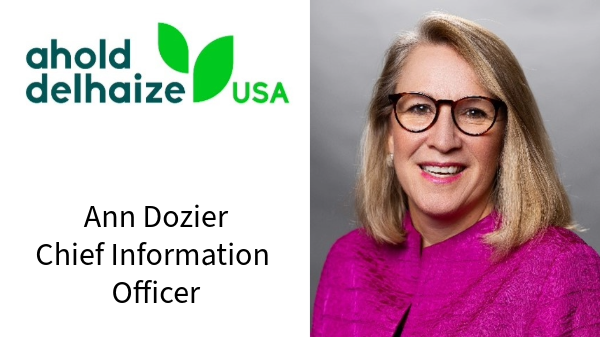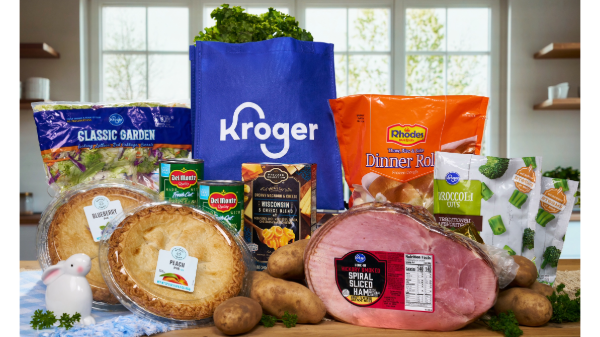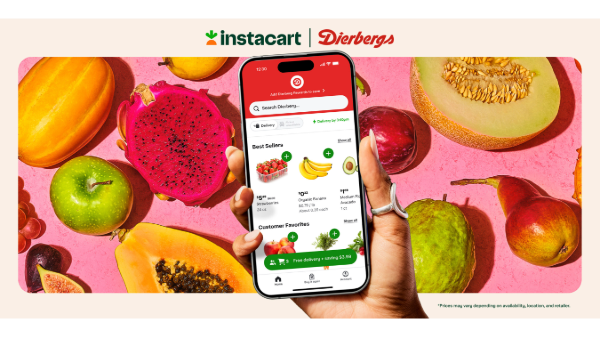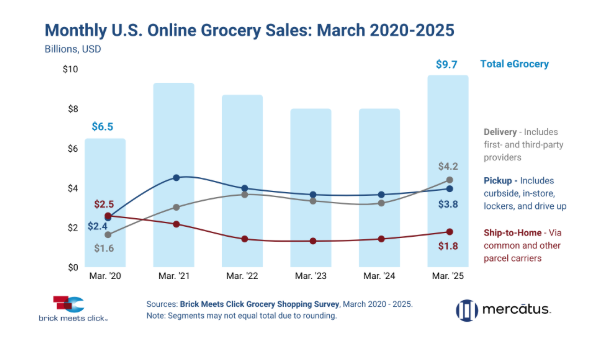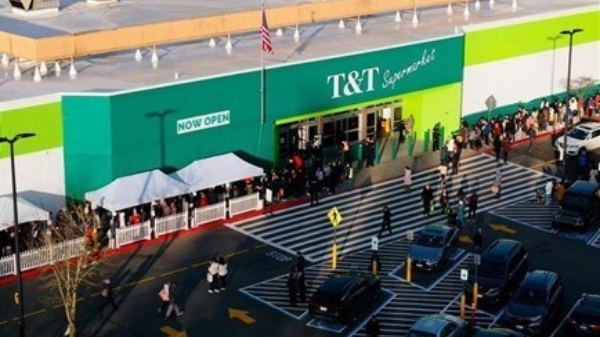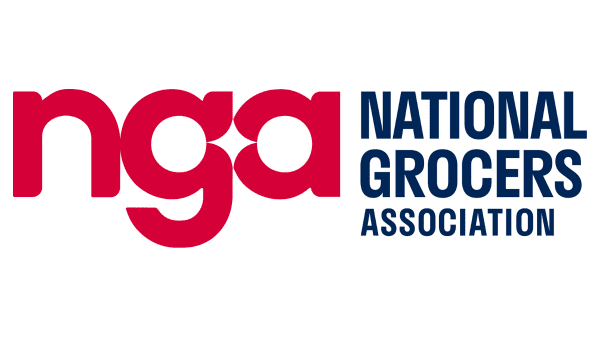
FORT LAUDERDALE, Fla., Aug. 17, 2023 /PRNewswire/ — The 2023 edition of the Independent Grocers Financial Study, joint research between the National Grocers Association (NGA) BB #:163424 and FMS Solutions, documents small grocers’ operational and financial performance in a continued complex marketplace.
Reflecting record participation, 521 independent grocers representing nearly 2,000 stores shared their results for fiscal year 2022, which runs through March 31, 2023. “Independent grocers’ knowledge of the marketplace, grit and nimbleness resulted in a solid year in most key metrics,” said Robert Graybill, president and CEO of FMS Solutions.
Inflation, competition and continued supply issues were just some of the challenges facing independent grocers in 2022.
Inflation dominated the headlines and the bottom lines in fiscal year 2022. Shoppers sought out sales promotions, switched between stores and, above all else, bought less. This hurt volume and unit sales, and inventory turns slowed, while shrink increased. “Same-store dollar sales still trended 4.8% above year-ago levels,” shared Graybill, “but sales growth was below the rate of inflation for 77% of independents.”
Out-of-stocks improved over 2021, but procurement remained a challenge. Nearly half of independent grocers sourced products from channels other than traditional wholesalers due to more favorable pricing.
“Inflation, competition and continued supply issues were just some of the challenges facing independent grocers in 2022,” noted Greg Ferrara, NGA president and CEO. “However, independent grocers did what they do best: pivot to meet the everchanging marketplace opportunities and challenges. Independents reinvested into their stores and built or expanded loyalty programs, e-commerce platforms and digital marketing.”
Employee turnover remained an issue, averaging 57% in 2022. “Despite the challenges, only 35% have turned to automation solutions to fill labor gaps,” added Graybill. “Independent grocers are known for customer service and are carefully evaluating the impact of consumer-facing automation.”
Independent grocers dealt with increases in expenses much like their shoppers. The cost of goods, utilities, rent and labor all increased in 2022 though the inflation-boosted sales masked the increases when regarding expenses as a percentage of sales. “Independent grocers compressed margins in 2021 to help consumers absorb the rapidly rising prices and remain competitive,” said Graybill. “Gross margins remained compressed in 2022 with an average total store gross margin of 27.5%.”
Savvy margin and expense management resulted in net profits that remained above pre-pandemic levels. “While down from 2020 and 2021 levels, net profit averaged a solid 2.9% of sales,” said Graybill.
Each year, a group of retailers outperforms the rest of the field by a wide margin: the net profit leaders. “Reflecting on the top 25th percentile provides independent grocers with an interesting blueprint for optimal expense, margin and profit management,” said Graybill. Profit leaders averaged 7.9% in net profits, 2.8 times the average among the rest of the group. According to Graybill, profit leaders showed a strong focus on fresh, both in the contribution to sales and margin management.
While challenges continue to arise in 2023, Ferrara said independents are well-prepared. “For many years, independent grocers have proven they are up to the test,” he said. “More than anything, this year’s study shows that strong customer loyalty combined with business savvy means independents are set to survive and thrive in the remainder of 2023 and 2024.”
The complete survey is available at www.nationalgrocers.org and www.fmssolutions.com.
FMS Solutions Holdings LLC (FMS) — Since 1974, FMS has helped independent retail grocers succeed by transforming historical accounting activities into timely, accurate decision support tools. The company’s keen understanding of the challenges the industry faces has positioned it as the National Grocers Association’s (NGA) preferred provider of industry benchmarking, best practices and mission-critical decision support. Headquartered in Florida, FMS has additional offices in Alabama, Minnesota, Missouri, Illinois, Pennsylvania, New Jersey, Maryland, Tennessee, Nebraska, Oklahoma, Oregon, Texas, Kansas, Ontario (Canada), and Hyderabad (India). FMS services organizations in more than 5,000 locations across North America and the Caribbean, enabling them to improve profitability through better decision support. To learn more about FMS, please call 877.435.9400 or visit www.fmssolutions.com.
National Grocers Association (NGA) is the national trade association representing the retail and wholesale community grocers that comprise the independent sector of the food distribution industry. An independent retailer is a privately owned or controlled food retail company operating a variety of formats. The independent grocery sector is accountable for about 1.2 percent of the nation’s overall economy and is responsible for generating more than $250 billion in sales, 1.1 million jobs, $39 billion in wages and $36 billion in taxes. NGA members include retail and wholesale grocers located in every congressional district across the country, as well as state grocers’ associations, manufacturers and service suppliers. For more information about NGA, visit www.nationalgrocers.org.



